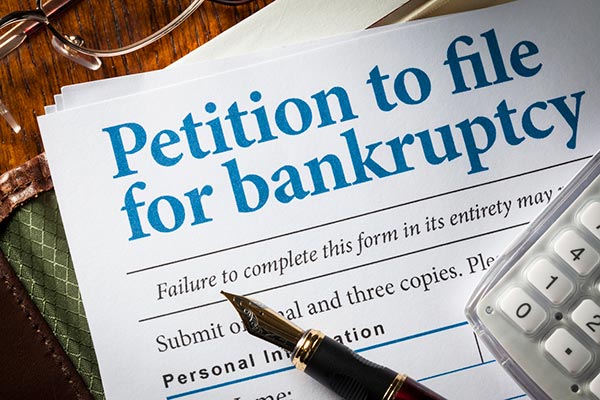Many people think that filing for bankruptcy in Nevada means selling every last possession to satisfy debts. That isn’t the case at all. The process allows a person to address debt in a meaningful way. In fact, there are a number of exemptions that will enable a person to keep assets that are important to their survival and are personally significant. It’s important to understand these exemptions to make the most of your bankruptcy case. Our Las Vegas bankruptcy lawyers explain.

Yes, Nevada allows bankruptcy exemptions. When a person files for bankruptcy, they do not have to surrender property that falls into a protected category. The exemptions are essential for basic needs like housing, a motor vehicle, certain amounts of income and disability assistance devices.
In addition, exemptions allow individuals to keep property that is especially meaningful or significant on a personal level. It is up to the bankruptcy filer to identify and claim bankruptcy exemptions for which they qualify.
Property exemptions that are allowed under the Nevada bankruptcy code include:
In addition to these exemptions, several other categories may apply in unique circumstances. These exemptions may impact real property, personal property, financial accounts, securities or defined benefit payments. Therefore, it’s crucial to thoroughly understand the individual circumstances to identify what applies and what needs to happen to claim each exemption.

The Nevada bankruptcy homestead exemption is up to $605,000 in equity in a home. The amount is the equity, not necessarily the home’s total value. For example, if a person owns a home that is worth $750,000, they may have a mortgage of $500,000. In that case, the total equity amount is $250,000. The equity amount is under the $605,000 allowable homestead bankruptcy exemption. In this case, the Nevada bankruptcy homestead exemption protects the entire equity in the home.
Nevada’s bankruptcy exemptions are listed in Nevada Revised Statutes 21.0901.
Rather than using federal bankruptcy exemptions, the State of Nevada has created its own list of exemptions. The amounts may change periodically. In addition, not every exemption applies to every situation. A person has to meet the circumstances or conditions in order to use many of the exemptions.
The Nevada bankruptcy wildcard exemption allows a bankruptcy filer to withhold and protect a certain amount of property that does not fall under any other kind of exemption. For example, a person may claim up to $10,000 of the property of their choice that is not otherwise exempt. For the individual filer, it’s an exemption above and beyond any of the other types of protections that may apply in the law. The wildcard exemption helps a bankruptcy filer with unique, individual circumstances and ensures that a person can keep the property that matters to them the most.
When spouses apply for bankruptcy together, Nevada law allows them each to claim the entire exemption in a category. For example, they may own an art collection that is worth $8,000. Ordinarily, the exemption for art, books, jewelry and musical instruments is $5,000. For single filers, they would be over the exempt amount. However, because both spouses are filing, they may double the total exemption amount up to $10,000. In this case, the entire art collection is exempt because each spouse may claim the full amount to double the total allowable amount.
Bankruptcy exemptions in Nevada are based on state law. Federal law allows a state to use a prescribed list of federal exemptions or make its own rules. The State of Nevada has chosen to make its own rules. It’s essential to understand what you need to do both before and during your bankruptcy filing to receive every category of protection you deserve.
An attorney for bankruptcy exemptions in Nevada can help ensure that you receive every protection that you deserve. They can evaluate your entire circumstance and carefully consider the complexities of Nevada law to help you get a fresh start. Contact us today for a consultation about your case.